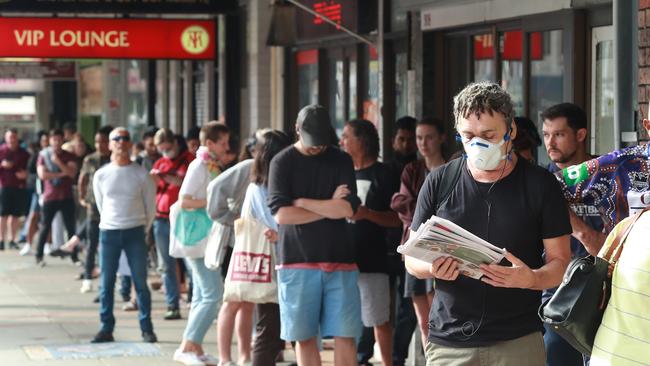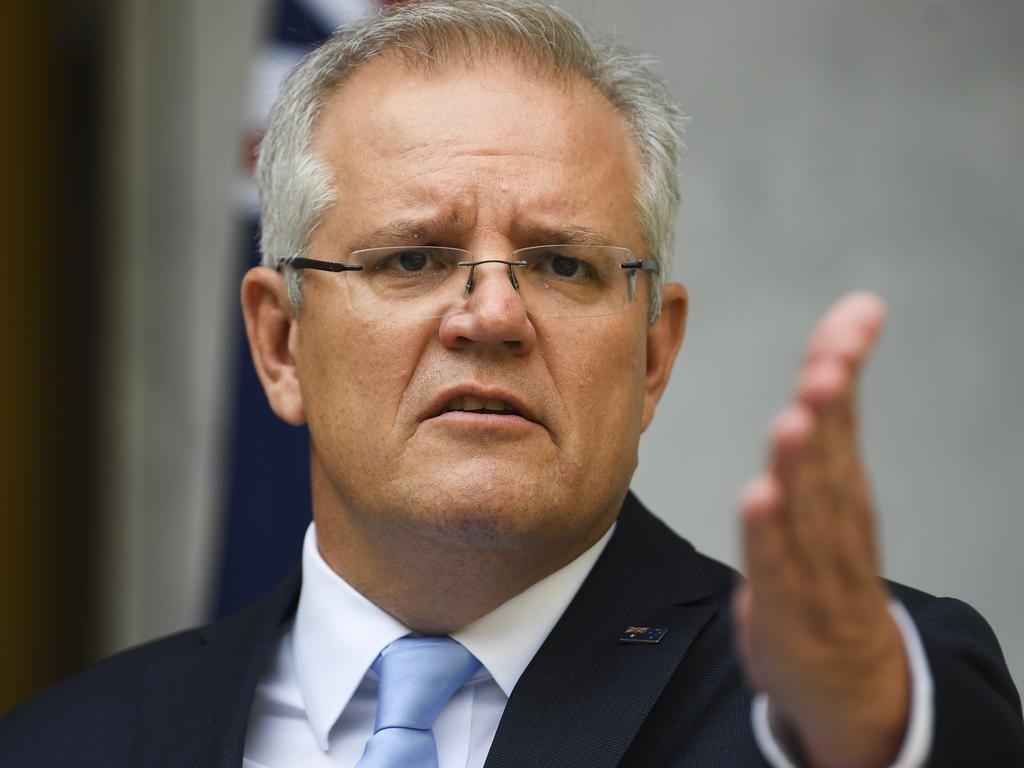Coronavirus: why a wage subsidy is not the answer

That’s because it might not result in enough cash being paid out: businesses that are OK won’t need it, of course, and those that need it won’t ask for it because they’ll be toast already.
A wage subsidy in this situation would be flawed for two reasons: first, a very large number of people either work for themselves, or are contractors or own a small business and aren’t paid a wage by an employer; and second, wages aren’t the only business cost.
For many businesses, possibly most of them, zero revenue means closing down even if the government gives you the equivalent of 80 per cent of your payroll, because the remaining 20 per cent of wages, plus rent, electricity, internet etc are too much of a cash drain to keep going.
And the limit of $1500 per fortnight makes it likely to keep even fewer businesses open. It may surprise those in the government to learn that many businesses pay some staff more than $61,500, which is the annual salary that turns into $937 net per week, of which $1500 per fortnight is 80 per cent.
What’s more, tens of thousands of workers, possibly hundreds of thousands, are already unemployed because their employers have closed down. A wage subsidy now won’t persuade them to reopen, even if it’s backdated – only the prospect of customers will do that.
More fundamentally, Prime Minister Scott Morrison needs to move on from the idea that “the best form of welfare is a job”, a phrase that has become an incantation for him, a badge of conviction, repeated ad tedium.
Just ten days ago the Newstart Allowance, which had been relabelled from Unemployment Benefit in 1991, was re-re-labelled the Jobseekers Allowance, to drive the point home.
The government says it is working on coronavirus economic package number three, to be unveiled this week. According to leaks over the weekend it will involve the payment to companies of 75-80 per cent of their employees’ wages, if they keep them employed.
Which is fine, except for all those workers who are not employees on wages, or those businesses that close anyway. Perhaps the shuttered business could be a sort of post box for the money, sending it onto their now-retrenched staff, although that doesn’t seem to be the plan. It looks rather like another way of saying “the best form of welfare is a job”.
Surely the most effective and comprehensive way to help those whose income has evaporated – both sacked employees and the suddenly destitute self-employed – is to give them money directly, and to get over the idea that the best form of welfare is a job.
The recently renamed Jobseekers Allowance needs to be re-renamed the Waiting For Coronavirus To Go Away Allowance, or something, and then at least doubled. Better still, it should a percentage – 70-80 per cent - of last year’s taxable income.
The Jobseekers Allowance is currently $565.70 per fortnight for someone who is single, more for those with children. The government has also announced a $550 per fortnight “coronavirus supplement” for six months.
That means a single person without income can now get $1,115.70 per fortnight, or $557.85 a week. For someone who was making the average wage of $86,236 before being sacked, with net take home pay of $1,248 per week, that’s a pay cut of 55 per cent. For someone who was making $100,000 it’s an income reduction of 60 per cent.
For most of those people, that would just about cover rent or mortgage repayments, so they could stay in the house but not eat.
I’m not saying this is easy for the government, far from it, but the consequence of leaving the unemployment benefits – the Jobseekers Allowance plus the coronavirus supplement – where they are, and focusing on wage subsidies instead, is that a lot of people will get kicked out of their houses and have to live in their cars.
Either that or the banks/landlords will have to let them stay without paying, which sounds fine and would save the government plenty of money, except that would have consequences too – for the banks and the landlords, all of whom are also people (well, not so much the banks, although they have to keep paying interest on the money even if they’re not getting any interest income from borrowers).
And the suggestion from the Prime Minister that tenants and landlords “work it out”, each taking some pain, can only work if both have savings to fall back on. If not, it’s living in the car.
Household debt is at a record level in Australia because of the huge increase in house prices and the large amount of property investing that has been encouraged by negative gearing.
And while we might say that those who have taken on too much debt took their chances and now must pay the price of risk, taking a hard line on them, and letting them default, will lead to a much deeper and longer recession/depression.
Paying a living wage to everyone who loses their income as a result of the coronavirus would be horrendously expensive and would undoubtedly cost Australia its AAA credit rating, and probably AA as well. It would also be a huge philosophical boulder for the Coalition to get over.
And it would be hard to unwind. How do you say to someone in six months, who’s been getting, say, $1000 a week off the government, and who is still unemployed: “Sorry, it’s now a Jobseekers Allowance again - $565.70 per fortnight.”
But those problems do not cancel out the economic and personal consequences of not maintaining incomes somewhere near where they have been. Mass bankruptcy will turn the recession into a depression.
There has never been an economic shock like this. Scott Morrison will be forever remembered for how he handled it.
Alan Kohler is editor in chief of Eureka Report






If the government wants to actually reduce the recession’s depth, as opposed to just appear to be doing so, it needs to do a lot more than a wage subsidy.